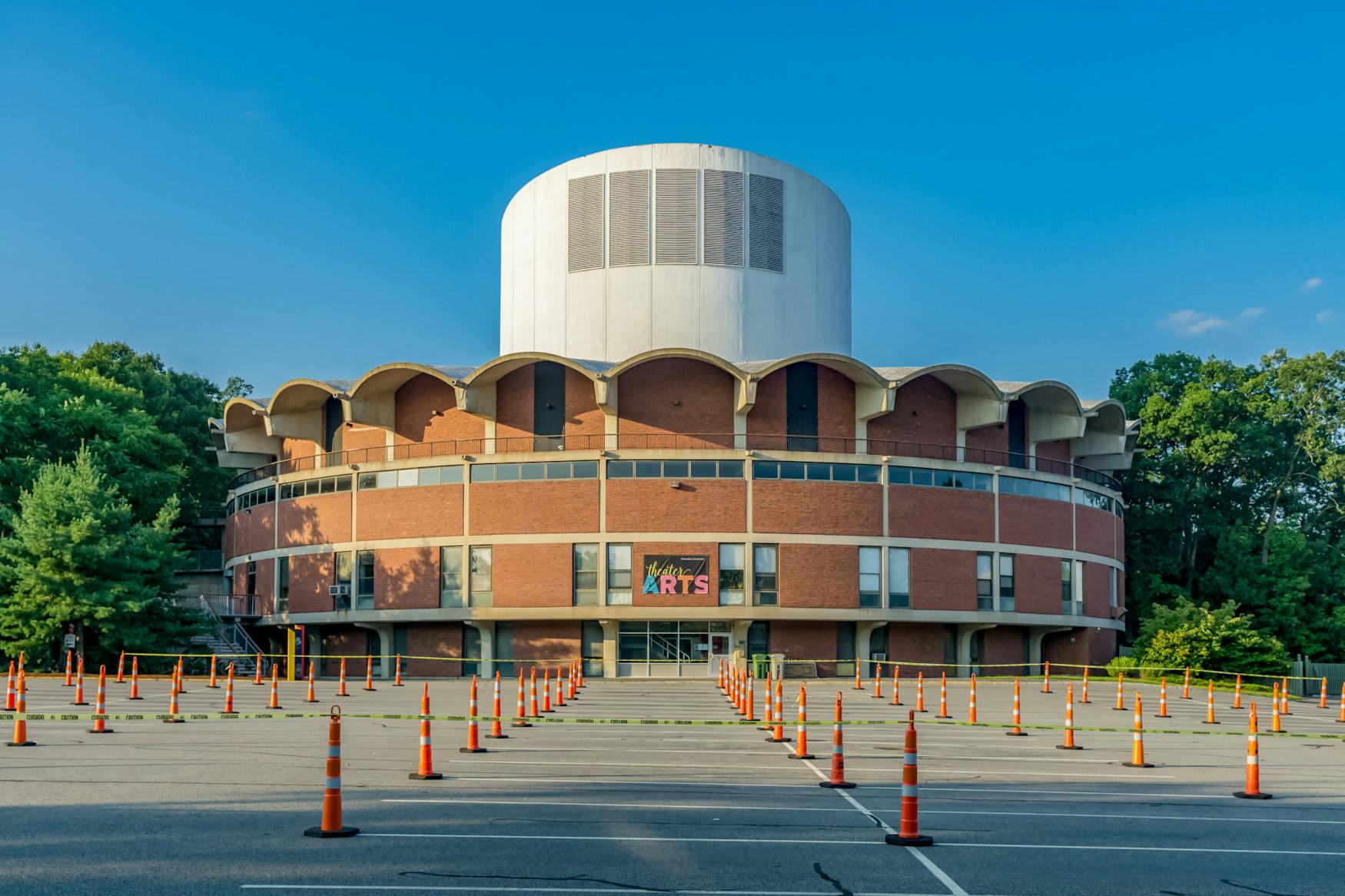The future of arts at Brandeis: 'What’s next?'
The Justice interviewed the former Director of Arts Engagement and Communications, Ingrid Schorr, about end of the arts engagement program.
During the early days of June, students took Sidechat, an anonymous forum app designed for college communities, to express anger regarding the rumored elimination of Brandeis Arts Engagement. Brandeis Arts Engagement had long been a vital resource for students involved in or interested in the arts. For years, it provided crucial support and opportunities for artistic growth and expression. As such, the Sidechat post caused quite a stir. At the time, many students were unclear about what the end of Arts Engagement meant, let alone if there was any concrete proof supporting the rumor. However, amidst news of numerous faculty layoffs and program cuts, the possibility of the program’s end was not out of the question.
In response to the rumor, on Sept. 4, The Justice interviewed Ingrid Schorr, the former director of arts engagement and communications, to gain insight into the future of arts engagement and support at Brandeis.
Schorr confirmed that, despite the University’s failure to issue a formal announcement, Brandeis Arts Engagement has been eliminated. She accepted a new position at the University as the Senior Administrator for Event and Communications for the Creative Arts and Humanities; however, the programming and work she carried out in her former position, along with the funds allocated for those programs were cut. With the end of Brandeis Arts Engagement, a lot of the resources that students relied on are no longer available or have been allocated to other groups on campus. The Brandeis Art Club is running the well-loved craft fair this fall, and there will be one more group of students sharing their work on the Create @ Brandeis wall in the Usdan Student Center. However, some of the other programs — most notably the Black, Indigenous and People of Color creator grant — are currently on “hiatus” for an indeterminate amount of time. Schorr is currently working on having the Division of Diversity, Equity and Inclusion re-start the BIPOC creator grant, but the future of this resource, used by so many artists of color in the past remains unknown.
When asked how she felt about all the changes that occurred over the summer, Schorr candidly shared, “I’m not real optimistic about Brandeis’ commitment to the arts. But I believe in the arts and I believe in the artists at Brandeis and that’s why I stayed. But it’s not a heartening direction.” Since her time at Brandeis, Schorr recalled how 10 years ago, the University had a Masters of Fine Arts in Theater Arts that has since been discontinued, and the recent discontinuation of the doctorate programs in musicology and music composition, and how the University was supposed to build a new center for the arts, which never happened. To Schorr, despite the history and legacy of art at Brandeis, the University does not seem to be offering much current support.
Although the 2024-25 academic year has just begun, it is evident that students are also already feeling the impacts of the University’s decision. Within the first few days of September, an Instagram account with the handles “Brandeis Protects Artists” posted a mission statement highlighting their goal to “foster a united front for artists from diverse backgrounds through unions, support groups, and initiatives that protect and promote creativity in every field.” The club is currently working on getting chartered, but their statement suggests that they may be seeking to bridge the advocacy gap left by the elimination of Brandeis Arts Engagement.
As of right now, the future of student art engagement at Brandeis outside of the academic classroom is unknown. Future programming central to the experience of the University, namely the Festival of the Creative Arts, will still happen; however how these events will function given the organizational changes across departments may change.
In spite of these changes, Schorr still encourages students to reach out to their creative arts professors and faculty, who are “all artists in their own right” for support during their artistic pursuits. While she has her doubts about the program ever returning, Schorr believes that “if students speak up, that could make a difference.”



Please note All comments are eligible for publication in The Justice.